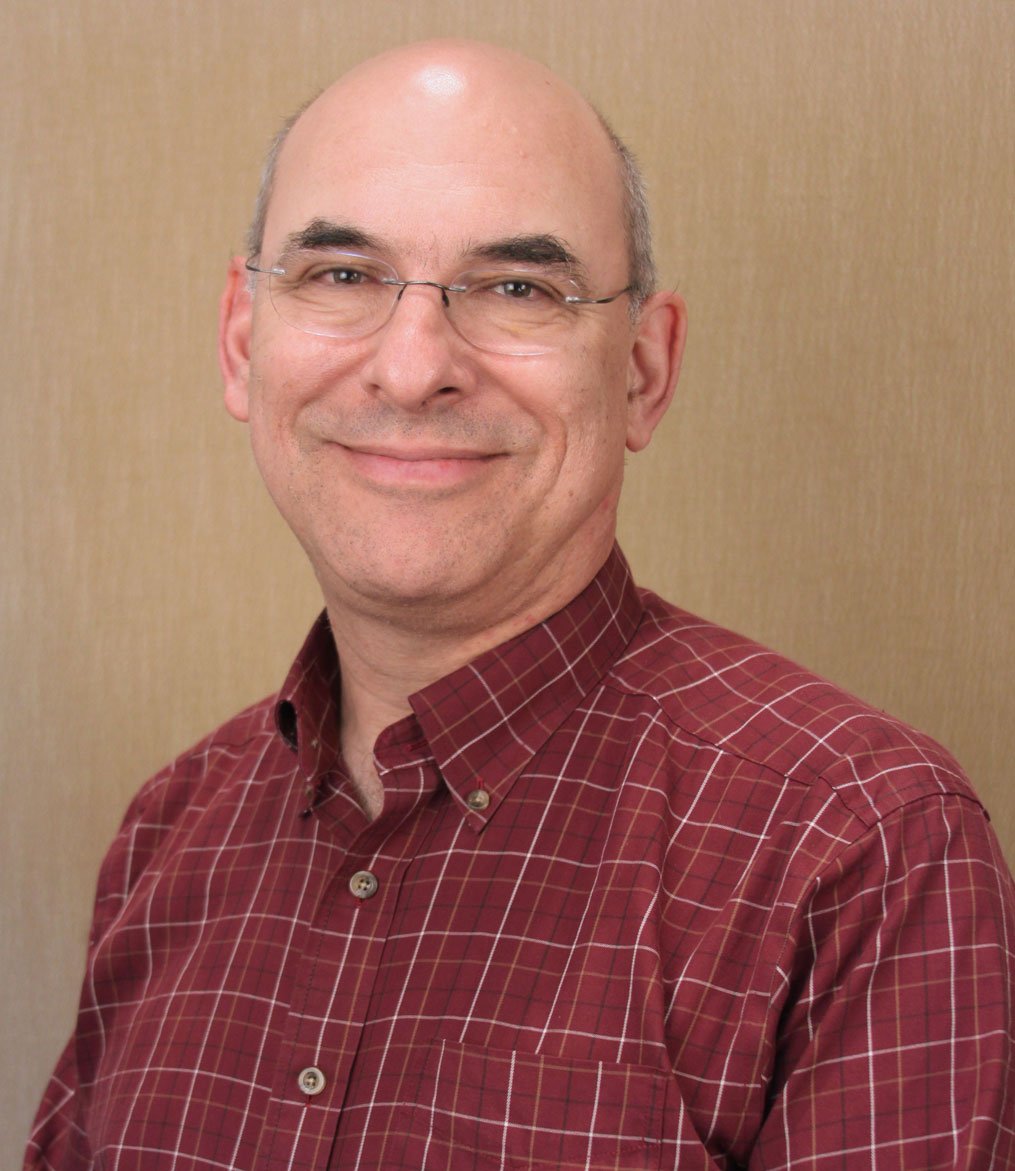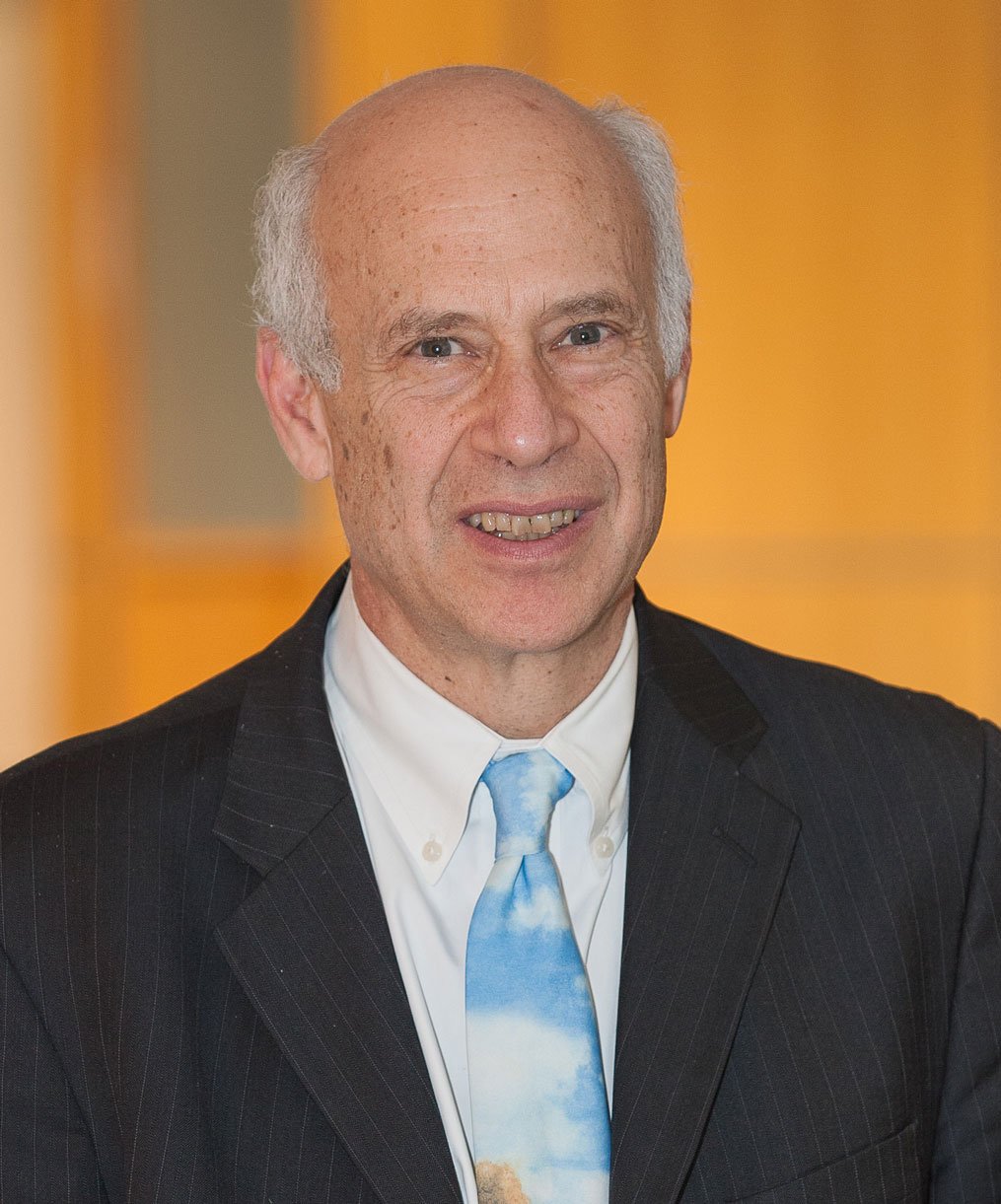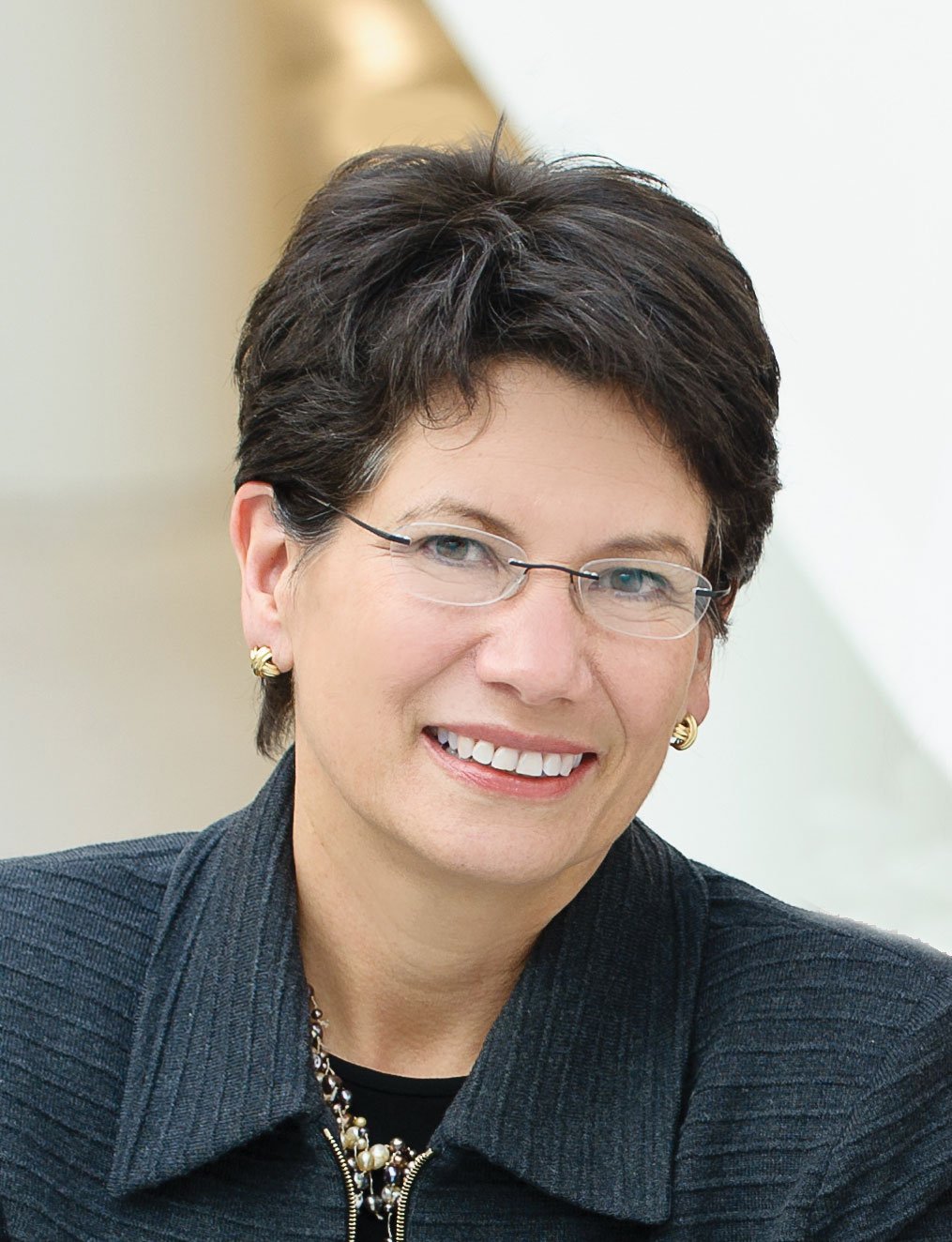 |
|
|
Samuel Behar, MD, PhD |
|
 |
|
|
Robert Finberg, MD |
|
 |
|
|
Katherine Luzuriaga, MD |
Three distinguished scientists from UMass Medical School have been elected to the American Academy of Microbiology, the honorific leadership group of the American Society of Microbiology. Samuel Behar, MD, PhD, Robert Finberg, MD, and Katherine Luzuriaga, MD, were elected through a highly selective, peer-review process, based on their records of scientific achievement and original contributions that have advanced microbiology.
Dr. Behar, professor of microbiology & physiological systems, is researching the immunological basis for protective immunity against tuberculosis. Behar seeks to understand how T cells, a major component of the immune response to Mycobacterium tuberculosis, restrict bacterial growth and, conversely, how the bacilli defeat T-cell immunity. His long-term goal is to learn how to recruit T cells into beneficial responses and how to turn on antimicrobial effector functions. Behar hopes that validated protective pathways can function as biomarkers to guide vaccine development and evaluation.
Dr. Finberg, the Richard M. Haidack Professor of Medicine and chair and professor of medicine, focuses on three principal areas of host defense and microbiology: the mechanism by which viruses infect cells; how certain proteins on the surface of the body’s cells initiate the host response to microbes; and the mechanisms involved in the development of protective immunity.
Dr. Luzuriaga, the UMass Memorial Health Care Chair in Biomedical Research; professor of molecular medicine, pediatrics and medicine; and vice provost of clinical and translational research, has, as a physician–scientist, used scientific investigation to inform the development of prevention and treatment strategies for childhood infections. Her research has provided key insights into how HIV and Epstein Barr virus interact with children’s immune systems to result in persistent infections. Her translational research has contributed to pediatric labeling of multiple antiretroviral therapies. Luzuriaga led the first early combination therapy trials in HIV-infected infants, which have informed recommendations for its routine use as standard of care, as well as current efforts aimed at achieving HIV remission in children.
Behar, Finberg and Luzuriaga join a growing group of AAM Fellows at UMMS, including:
- Roger J. Davis, PhD, Howard Hughes Medical Institute Investigator, the H. Arthur Smith Chair in Cancer Research and professor of molecular medicine and biochemistry & molecular pharmacology
- James Reid Gilmore, PhD, professor of biochemistry & molecular pharmacology
- Douglas T. Golenbock, MD, the Pillar Chair in Biomedical Research and professor of medicine and microbiology & physiological systems
- Allan S. Jacobson, PhD, the Gerald L. Haidak, MD, and Zelda S. Haidak Professor of Cell Biology and chair and professor of microbiology & physiological systems
- Stuart M. Levitz, MD, professor of medicine
- Jeremy Luban, MD, the David L. Freelander Memorial Professor in HIV/AIDS Research and professor of molecular medicine
- Martin G. Marinus, PhD, professor emeritus of biochemistry & molecular pharmacology
- Beth McCormick, PhD, vice chair and professor of microbiology & physiological systems
- Trudy Morrison, PhD, professor of microbiology & physiological systems
- Thoru Pederson, PhD, the Vitold Arnett Professor of Cell Biology and professor of biochemistry & molecular pharmacology
- Oliver Rando, MD, PhD, professor of biochemistry & molecular pharmacology
- Peter A. Rice, MD, professor of medicine
- Christopher M. Sassetti, PhD, professor of microbiology & physiological systems
- Celia Schiffer, PhD, professor of biochemistry & molecular pharmacology
- Erik J. Sontheimer, PhD, professor of molecular medicine
- Raymond Welsh, PhD, professor of pathology and microbiology & physiological systems
- George B. Witman, PhD, the George F. Booth Chair in the Basic Sciences and professor of cell & developmental biology
There are more than 2,400 Fellows representing all subspecialties of the microbial sciences and involved in basic and applied research, teaching, public health, industry and government service. In addition, fellows hail from all around the globe. The 2017 fellows include scientists from the U.S., Germany, Australia, Canada, India, China and the United Kingdom.